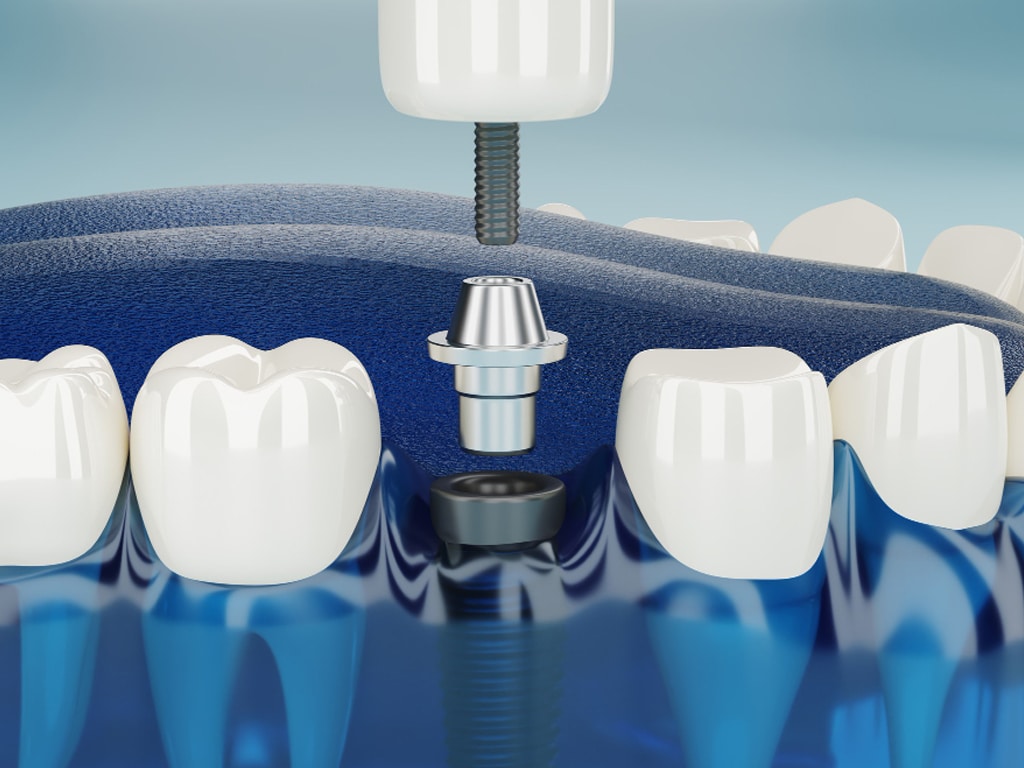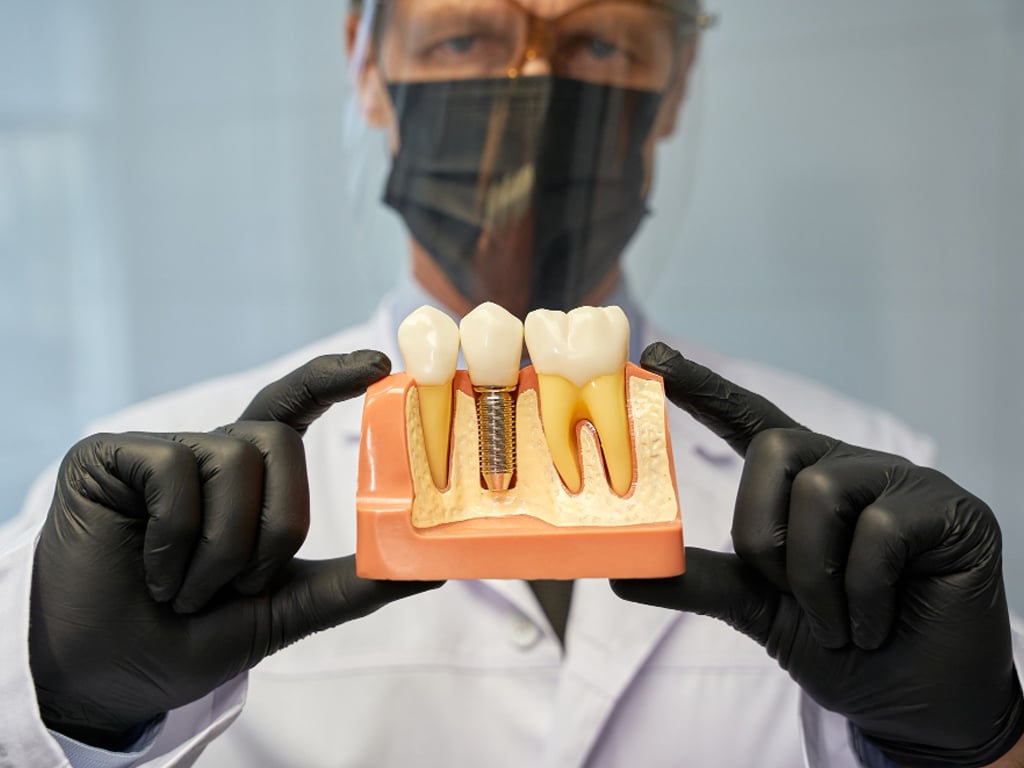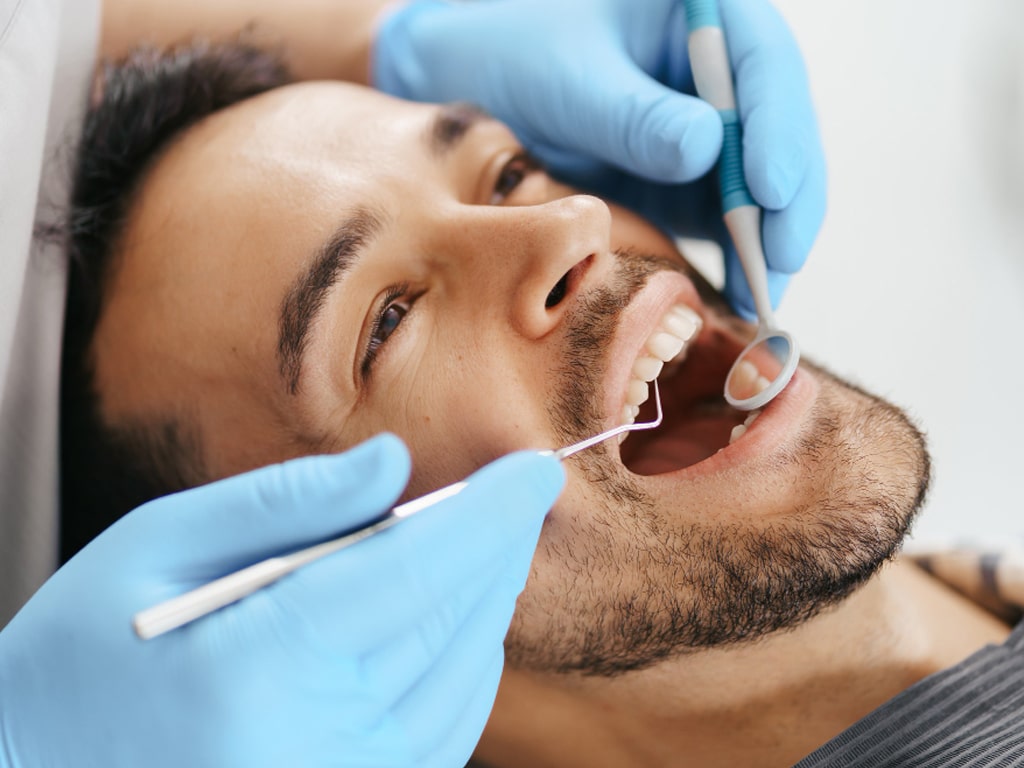Emergency Dental Care for Severe Teeth Sensitivity in Ottawa
Experiencing sharp, sudden pain in your teeth can be alarming, especially when it strikes unexpectedly. If you’re dealing with severe teeth sensitivity, it’s essential to understand what might be causing it and how to seek emergency dental care in Ottawa. Teeth sensitivity, especially when it’s intense or persistent, can interfere with daily life, making eating, drinking, and even breathing through your mouth uncomfortable. Understanding the nature of severe teeth sensitivity and how to manage it can help prevent further damage and provide relief.
At Findlay Creek Family Dental, we specialize in addressing emergency dental needs, including severe teeth sensitivity. In this article, we’ll discuss what can cause teeth sensitivity, how to alleviate symptoms, and when to seek emergency dental care in Ottawa.
Understanding Severe Teeth Sensitivity
Teeth sensitivity occurs when the enamel (the hard, outer layer of your teeth) wears down, exposing the dentin underneath, or when the gum line recedes, exposing sensitive root areas. When hot, cold, sweet, or acidic foods and drinks come into contact with the exposed dentin or roots, it can result in sharp pain or discomfort. Severe teeth sensitivity may indicate underlying dental issues that require prompt attention.
Severe sensitivity is more than just an inconvenience—it can signal significant dental problems such as tooth decay, gum disease, or fractures. When this pain becomes acute or persistent, it may require emergency care.
1. Common Causes of Severe Teeth Sensitivity
Understanding the underlying cause of your teeth sensitivity can help in addressing the issue effectively. Here are some common causes:
- Enamel erosion: Acidic foods, beverages, or aggressive brushing can wear down the enamel, exposing the dentin and causing sensitivity.
- Gum recession: Gum disease or aging can lead to gum recession, which exposes the roots of the teeth, making them more sensitive.
- Tooth decay or cavities: Untreated cavities can cause severe sensitivity, especially when they reach the inner layers of the tooth.
Identifying the cause is the first step in determining the best course of action to alleviate sensitivity.
2. When Teeth Sensitivity Becomes a Dental Emergency
While mild sensitivity can often be managed at home, severe or persistent sensitivity requires immediate attention. Here are signs that you should seek emergency dental care:
- Sudden, sharp pain: If you experience intense pain when eating or drinking, especially with hot or cold items, this can indicate a deeper problem like a cracked tooth or infection.
- Lingering discomfort: If sensitivity lasts for more than 30 seconds after consuming hot, cold, or sugary items, it may indicate a serious issue.
- Sensitivity after dental work: Sensitivity following recent dental procedures like fillings or crowns may signal an issue with the treatment or an infection.
If you’re unsure whether your situation qualifies as a dental emergency, it’s always better to contact a dentist for advice.
3. Immediate Relief for Severe Teeth Sensitivity
When sensitivity strikes, immediate relief is a priority. Here are some steps to take before you can see a dentist:
- Use desensitizing toothpaste: Products containing potassium nitrate or stannous fluoride can help reduce sensitivity by blocking pain signals from the tooth’s nerve.
- Avoid trigger foods: Stay away from hot, cold, or sugary foods and drinks until the sensitivity subsides or you see a dentist.
- Rinse with warm saltwater: This can soothe irritated gums and reduce any inflammation that may be contributing to sensitivity.
While these methods offer temporary relief, they do not address the underlying cause, so seeking dental care is crucial.
4. Professional Treatments for Teeth Sensitivity
At Findlay Creek Family Dental, we offer several treatments to manage and treat severe teeth sensitivity:
- Fluoride treatments: A professional fluoride application can help strengthen tooth enamel and reduce sensitivity by sealing exposed areas.
- Dental sealants: In some cases, we may apply a sealant to cover the exposed dentin or roots, providing a barrier against sensitivity triggers.
- Gum grafting: If sensitivity is caused by gum recession, a gum graft can help cover exposed roots and reduce discomfort.
Our goal is to offer both immediate relief and long-term solutions for your dental health.
5. Dealing with Teeth Sensitivity After Dental Work
It’s common to experience temporary sensitivity following dental procedures, but prolonged discomfort may indicate a problem:
- Sensitivity after fillings: If a new filling is too high or misaligned, it can cause pain when biting. This may require an adjustment from your dentist.
- Sensitivity after a crown or bridge: Sensitivity may occur if the fit isn’t perfect or if the nerve was irritated during the procedure.
- Post-whitening sensitivity: Teeth can become more sensitive after whitening treatments. Desensitizing products and fluoride applications can help reduce this.
Always consult with your dentist if post-treatment sensitivity persists.
6. Preventing Future Sensitivity
Preventing teeth sensitivity is possible with the right habits and care routines. Consider the following tips to protect your teeth:
- Use a soft-bristled toothbrush: Aggressive brushing with a hard-bristled toothbrush can wear down enamel. A soft brush paired with gentle technique is ideal.
- Limit acidic foods: Citrus fruits, vinegar, and soda can erode enamel over time. Try to balance your diet and rinse your mouth with water after consuming acidic items.
- Stay hydrated: Drinking water throughout the day helps to neutralize acids in the mouth and keep your teeth protected.
Adopting these habits can help you avoid sensitivity and protect your enamel.
7. Dietary Changes to Manage Sensitivity
Diet plays a significant role in oral health, especially in managing teeth sensitivity. Here are some changes to consider:
- Reduce sugary foods: Sugar contributes to tooth decay, which can increase sensitivity.
- Include calcium-rich foods: Dairy products, leafy greens, and fortified foods help strengthen enamel and protect against sensitivity.
- Avoid temperature extremes: Try to avoid consuming foods or beverages that are too hot or cold, as they can trigger sensitivity.
Making these adjustments can protect your teeth from further damage and sensitivity.
8. Identifying Tooth Grinding as a Cause of Sensitivity
Teeth grinding (bruxism) is another common cause of teeth sensitivity, particularly in the morning. Here’s how to manage it:
- Wear a night guard: If you grind your teeth at night, a custom-fitted mouthguard can protect your teeth and prevent sensitivity.
- Stress management: Bruxism is often related to stress or anxiety, so managing stress through relaxation techniques may help reduce grinding.
- Monitor your jaw: If you notice frequent tension in your jaw, it may be a sign of grinding. Talk to your dentist about potential solutions.
Bruxism can significantly wear down enamel, making teeth more prone to sensitivity, so early intervention is important.
9. Managing Sensitivity with Tooth Decay
Tooth decay is one of the leading causes of sensitivity, particularly when it reaches deeper layers of the tooth. If decay is the cause of your discomfort, treatments include:
- Filling or crown: If the decay has caused a cavity, your dentist will remove the decay and restore the tooth with a filling or crown.
- Root canal treatment: If the decay has reached the nerve, a root canal may be necessary to remove the infected tissue and seal the tooth.
- Early intervention: Regular dental visits can help catch decay early before it causes severe sensitivity or pain.
Addressing decay early can prevent the need for more extensive treatments.
10. When to Contact Findlay Creek Family Dental for Emergency Care
Severe teeth sensitivity often indicates an underlying issue that requires professional treatment. Here’s when you should contact us:
- Persistent pain: If sensitivity doesn’t subside or worsens over time, it’s crucial to seek emergency care.
- Swelling or infection: If sensitivity is accompanied by swelling or signs of infection, immediate dental care is necessary to prevent further complications.
- Difficulty eating or drinking: When sensitivity interferes with your daily life, it’s time to schedule an appointment for relief.
At Findlay Creek Family Dental, we provide emergency care for teeth sensitivity and other dental concerns. Our team is ready to address your needs and offer solutions tailored to your oral health.
Conclusion:
Severe teeth sensitivity can be a disruptive and painful experience, but it’s also a condition that can be managed with prompt and effective dental care. At Findlay Creek Family Dental, we are committed to providing emergency care for individuals suffering from acute teeth sensitivity in Ottawa. Whether you’re dealing with enamel erosion, tooth decay, or gum recession, we offer both immediate relief and long-term solutions to restore your comfort and oral health.
Name: Findlay Creek Family Dental
Address: 4100 Albion Road, Ottawa, ON
Phone: 613-822-1500
Email: info@findlaycreekfamilydental.com
Website: Findlay Creek Family Dental.
“Expert Emergency Care for Lasting Comfort – Find Relief at Findlay Creek Family Dental.“
FAQ
-
A1: Severe teeth sensitivity can be caused by enamel erosion, gum recession, tooth decay, or teeth grinding. Identifying the cause is crucial to finding the right treatment.





